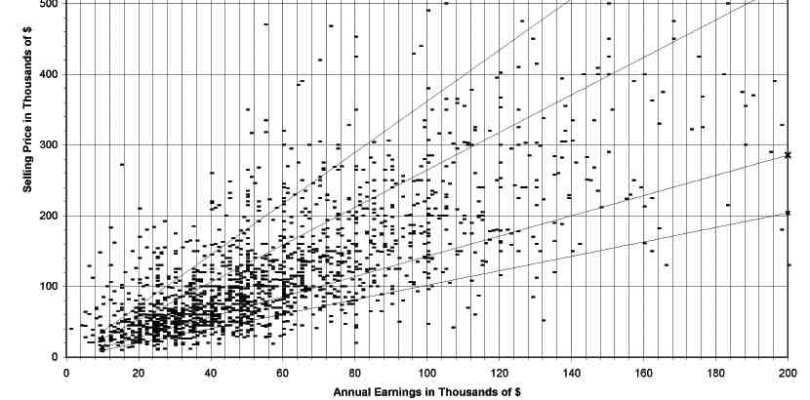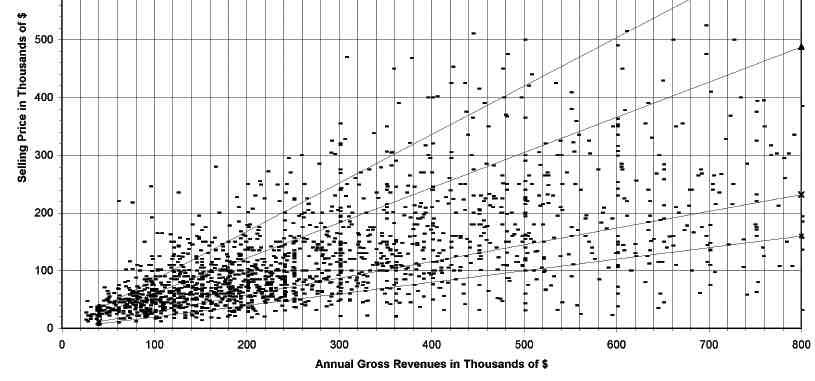nomo-aloha
Dryer sheet aficionado
- Joined
- Feb 15, 2006
- Messages
- 45
Hello all,
First let me say that I am overwhelmed by the sheer collective intelligence displayed on this board. Several members stand out individually, but as a whole, this place is a godsend.
I have read the contents of this board, thread by thread, over the last several days. Sometimes 12-16 hours per. I was hoping to find some answers on my own, but there are not many topics related to this thread....so I'll get on with it.
I have a business here in Hawaii. I am a state licensed contractor and have a product that affords me the luxury of little competition. The product, while new in the islands, is a standard in the construction industry across the mainland. Nords will agree that things move a bit slower here.
I have had this product for 3+ years. I have an investment of approximately $300-400 thousand in related equipment and promotion of this product. It is starting to take off, as all the real (big) players in the industry here know that it is far superior to products currently in use.
I have blown out my back (severely) and I am now limited to how much time I can spend romancing customers and setting up jobs. My crew is very competent and some have been with me for over 15 years. They can handle the work...but I need to be the mouthpiece and I need to line up the work.
Long story short; I fear that with my current condition, the company will lose ground. As of today, we are still very much "ground floor". I have watched sales over the past 3 years climb from (approximately) $700,000 to around $1 million in 05. At the advice of my accountants, I have spent alot of this money on vehicles, equipment etc....I guess the term is "discretionary spending".
It is my firm belief that a profit of $500,000 per year is VERY doable and with very little exposure. Back to my fear. I definately want to sell and feel I need to sell. However, I have been told that a construction (type) company is worth no more than 1/3 of yearly gross. So let's say $250,000 - 300,000.
Does this make sense to you or is this particular broker looking to score a quick, effortless sale?
I am concerned that this year's numbers will more than likely be smaller than last year's. I do not want to worsen matters by allowing this to happen and feel the time to move is now. I have great tech support, fantastic equipment and an even better reputation. Because of my back and other recent personal set-backs, I feel it is time for me to join the ranks of the fine members of this board. I am jaded and need seperation.
Your advice will be much appreciated and I thank you in advance. I want to remove the "Nomo" (no more) from the "aloha".
Re-reading my post, I do not know if I've asked a clear question. Clearly, I want to sell and I'm seeking the advice of people who know about selling a business and how to gauge the worth of a business. Also any tips on marketing the biz...or a mainland broker of reputation would also be welcome. I am hesitant to deal with Hawaiian outfits as i cannot afford word getting around that I want to sell. This is also why I am not describing the actual product. Anyone within the state (reading this) would know who I am immediately.
Thanks again.
First let me say that I am overwhelmed by the sheer collective intelligence displayed on this board. Several members stand out individually, but as a whole, this place is a godsend.
I have read the contents of this board, thread by thread, over the last several days. Sometimes 12-16 hours per. I was hoping to find some answers on my own, but there are not many topics related to this thread....so I'll get on with it.
I have a business here in Hawaii. I am a state licensed contractor and have a product that affords me the luxury of little competition. The product, while new in the islands, is a standard in the construction industry across the mainland. Nords will agree that things move a bit slower here.
I have had this product for 3+ years. I have an investment of approximately $300-400 thousand in related equipment and promotion of this product. It is starting to take off, as all the real (big) players in the industry here know that it is far superior to products currently in use.
I have blown out my back (severely) and I am now limited to how much time I can spend romancing customers and setting up jobs. My crew is very competent and some have been with me for over 15 years. They can handle the work...but I need to be the mouthpiece and I need to line up the work.
Long story short; I fear that with my current condition, the company will lose ground. As of today, we are still very much "ground floor". I have watched sales over the past 3 years climb from (approximately) $700,000 to around $1 million in 05. At the advice of my accountants, I have spent alot of this money on vehicles, equipment etc....I guess the term is "discretionary spending".
It is my firm belief that a profit of $500,000 per year is VERY doable and with very little exposure. Back to my fear. I definately want to sell and feel I need to sell. However, I have been told that a construction (type) company is worth no more than 1/3 of yearly gross. So let's say $250,000 - 300,000.
Does this make sense to you or is this particular broker looking to score a quick, effortless sale?
I am concerned that this year's numbers will more than likely be smaller than last year's. I do not want to worsen matters by allowing this to happen and feel the time to move is now. I have great tech support, fantastic equipment and an even better reputation. Because of my back and other recent personal set-backs, I feel it is time for me to join the ranks of the fine members of this board. I am jaded and need seperation.
Your advice will be much appreciated and I thank you in advance. I want to remove the "Nomo" (no more) from the "aloha".
Re-reading my post, I do not know if I've asked a clear question. Clearly, I want to sell and I'm seeking the advice of people who know about selling a business and how to gauge the worth of a business. Also any tips on marketing the biz...or a mainland broker of reputation would also be welcome. I am hesitant to deal with Hawaiian outfits as i cannot afford word getting around that I want to sell. This is also why I am not describing the actual product. Anyone within the state (reading this) would know who I am immediately.
Thanks again.


